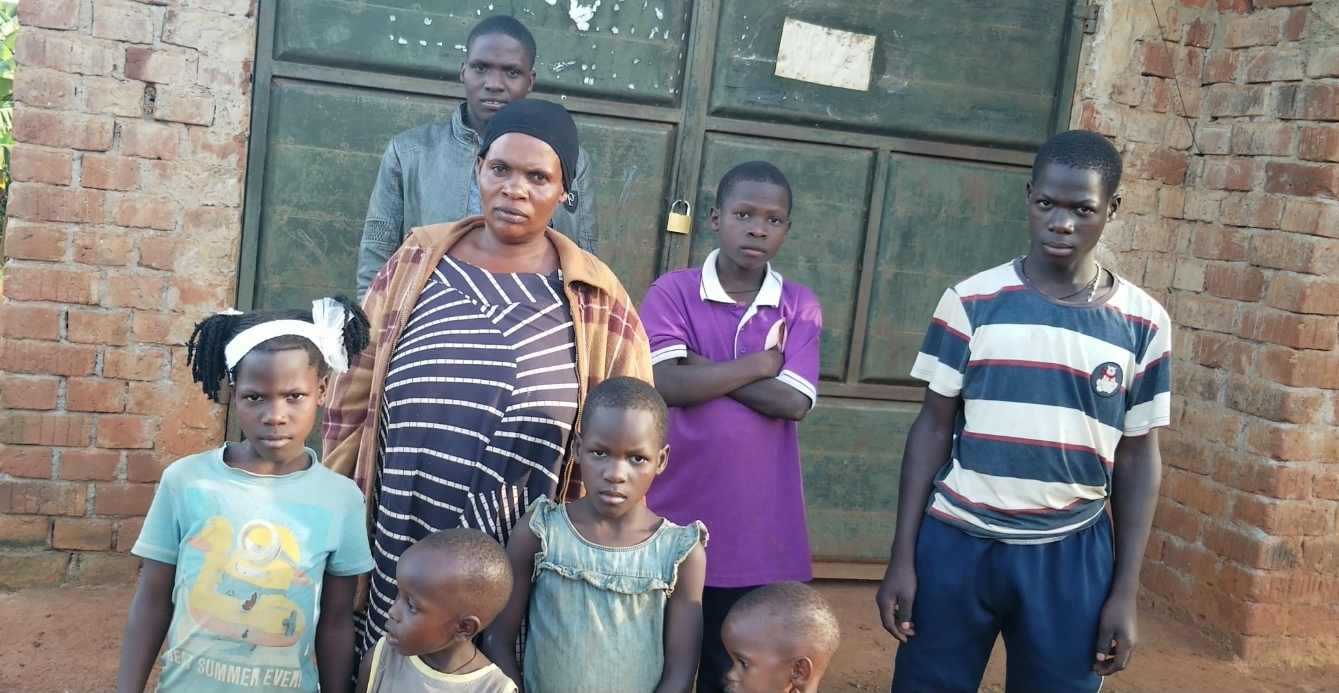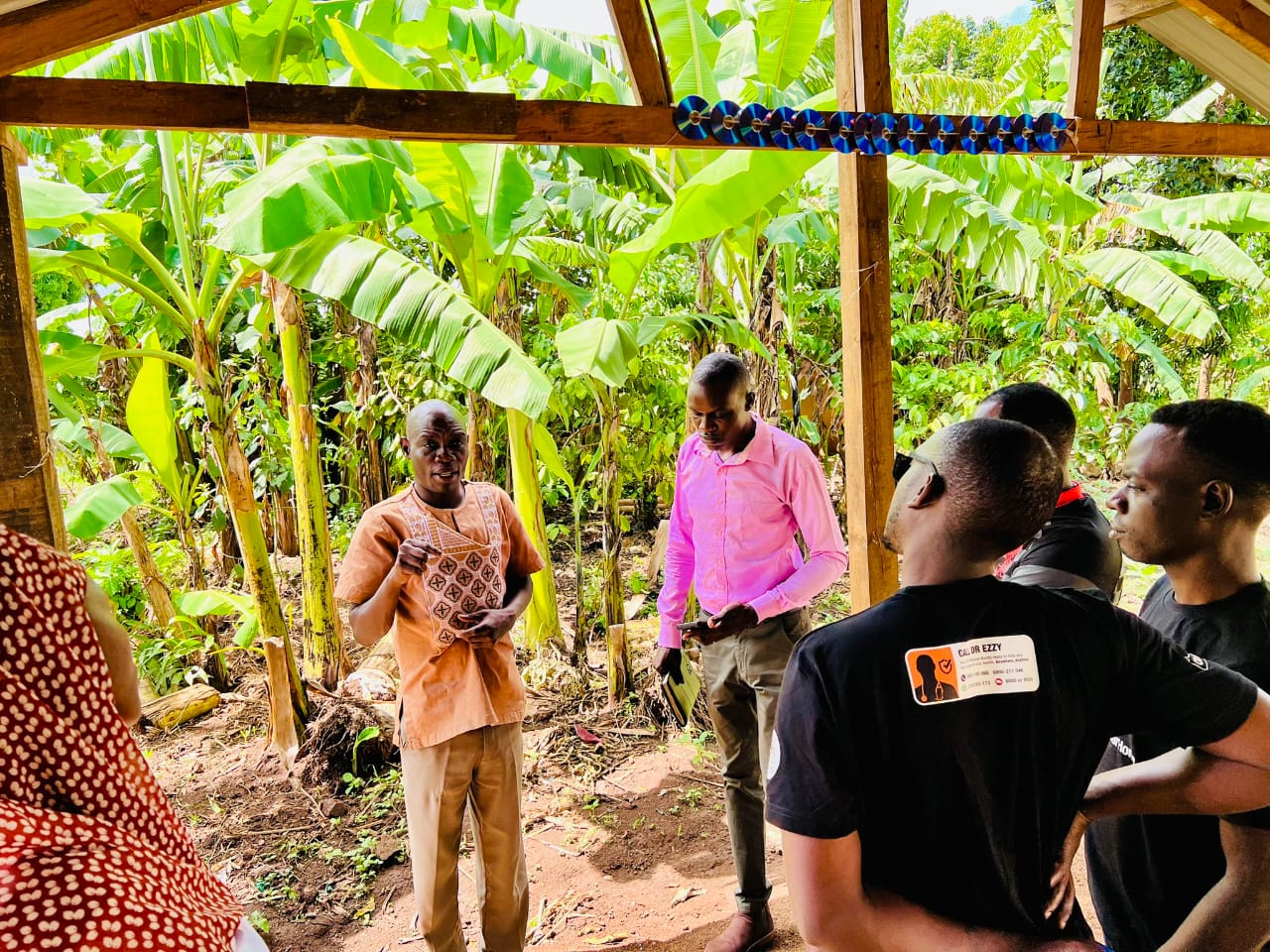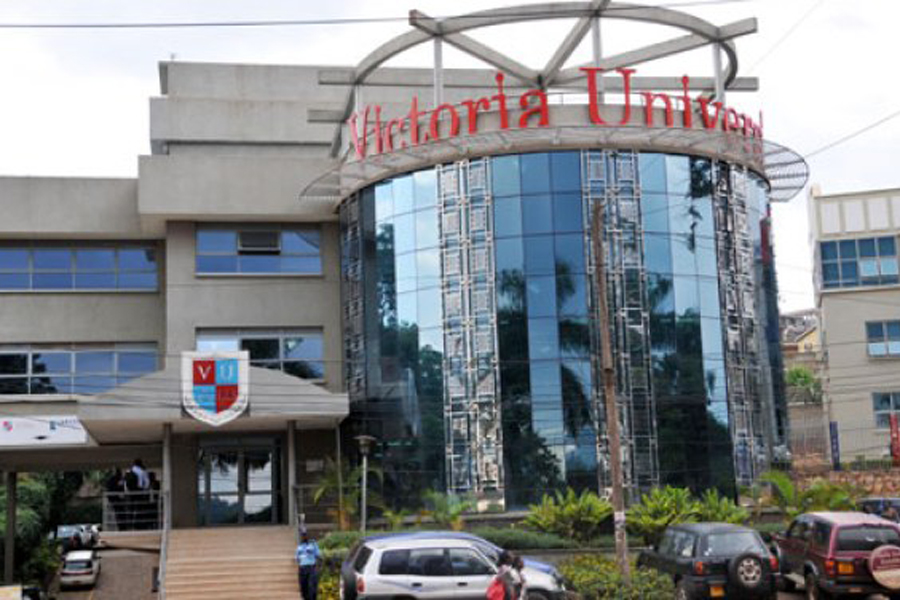Picking out the short end of service delivery stick in Uganda
As the nation confronts the realities of inadequate infrastructure, systemic inefficiencies, and governance gaps, the urgent need for transformative reforms in service delivery comes into sharp focus, shaping the well-being and livelihoods of millions across the country.
In Uganda, the promise of effective service delivery remains elusive for many citizens, despite concerted efforts by the government and development partners to improve access to essential services such as healthcare, education, water, and sanitation.
From rural villages to urban centres, individuals and communities grapple with a myriad of challenges that impede their ability to access and benefit from basic services.
As the nation confronts the realities of inadequate infrastructure, systemic inefficiencies, and governance gaps, the urgent need for transformative reforms in service delivery comes into sharp focus, shaping the well-being and livelihoods of millions across the country.
One of the most pressing challenges facing service delivery in Uganda is the state of healthcare.
While the government has made strides in expanding access to healthcare facilities and reducing maternal and child mortality rates, significant gaps persist in the quality and availability of services.
Rural areas, in particular, suffer from a shortage of healthcare workers, limited medical supplies, and inadequate infrastructure, forcing many residents to travel long distances or seek care from unqualified providers.
Moreover, the high cost of healthcare, including user fees and out-of-pocket expenses, poses a significant barrier to access, especially for marginalized populations.
Education is another sector plagued by shortcomings in service delivery, with implications for the future prospects of Uganda's youth. While efforts have been made to increase enrollment rates and improve infrastructure in schools, quality remains a major concern.
Overcrowded classrooms, poorly trained teachers, and outdated curricula hinder effective learning outcomes and limit opportunities for students to reach their full potential. Moreover, disparities in access to education persist along geographic and socioeconomic lines, perpetuating cycles of poverty and inequality.
Access to clean water and sanitation is a fundamental component of human well-being, yet millions of Ugandans continue to lack access to safe and reliable water sources and sanitation facilities.
Rural communities bear the brunt of inadequate water infrastructure, facing challenges such as water scarcity, contamination, and poor hygiene practices.
The absence of proper sanitation facilities further exacerbates public health risks, contributing to the spread of waterborne diseases such as cholera and dysentery.
Despite efforts to improve water and sanitation services, including investments in infrastructure and hygiene promotion campaigns, progress remains uneven, leaving many communities without access to these essential resources.
The shortcomings of service delivery in Uganda are further compounded by systemic inefficiencies and governance challenges that undermine the effective delivery of public services.
Corruption, bureaucratic red tape, and political interference often hamper efforts to allocate resources effectively, implement policies, and hold public officials accountable.
Moreover, inadequate monitoring and evaluation mechanisms limit the ability to track progress, identify gaps, and address emerging challenges in service delivery.
As a result, opportunities for waste, mismanagement, and inefficiency abound, further eroding public trust in the government's ability to deliver on its promises.
The impact of these shortcomings is felt acutely by ordinary citizens across Uganda, who bear the brunt of inadequate service delivery in their daily lives. From mothers struggling to access healthcare for their children to students unable to pursue their educational aspirations, the consequences are far-reaching and profound.
Moreover, marginalized populations, including women, children, persons with disabilities, and rural communities, are disproportionately affected by systemic barriers to access and quality in service delivery.
Addressing the shortcomings of service delivery in Uganda requires a comprehensive and multi-dimensional approach that tackles root causes and systemic barriers.
Strengthening governance and accountability mechanisms is essential to rooting out corruption, promoting transparency, and ensuring that public resources are allocated and utilized effectively.
Investing in infrastructure, human capital, and institutional capacity-building is crucial to expanding access to essential services and improving quality standards.
Moreover, fostering partnerships between government, civil society, and the private sector can leverage expertise, resources, and innovation to drive sustainable improvements in service delivery.
As Uganda navigates the complex challenges of service delivery, the urgency of transformative reforms cannot be overstated.
By prioritizing the needs and aspirations of its citizens, investing in inclusive and equitable development, and fostering a culture of accountability and transparency, Uganda can lay the groundwork for a more prosperous and resilient future.
In the face of adversity, the resilience and determination of Ugandans offer hope for a brighter tomorrow, where access to essential services is not just a promise but a reality for all.













